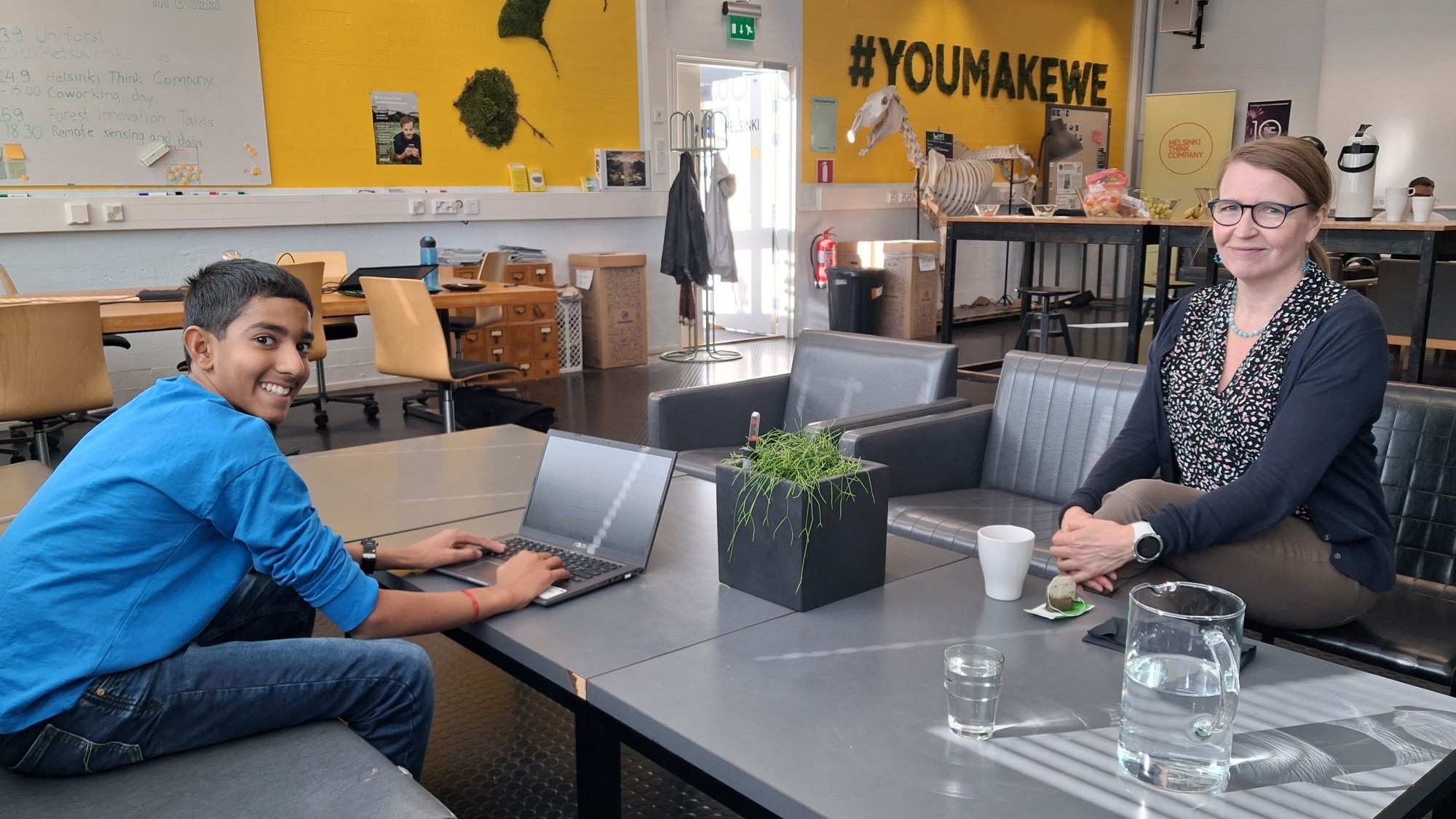Esports – organised competitive gaming – started as a hobbyist activity, happening in the fringes of game culture. However, in the past ten years esports has boomed and it no longer makes sense to talk about esports as a new or fringe phenomenon. Rather, esports has become a popular hobby and a thriving business with esport clubs, leagues, and tournaments, as well as with educational paths. It is also a globally significant business, expected to reach a global value of 2.89 billion U.S. dollars in 2025 and an audience of over 577 million viewers in 2024 (Statista 2021, 2022). Whilst esports’ growth has been fast, some discrimination issues that have plagued it from the start have unfortunately persisted. The questions of inclusivity, diversity, and equity continue to be present in esports and whilst still largely unsolved, they are no longer unaddressed.
Esports has been for years seen as an activity of young, White or Asian, men – as gaming in general has been seen for a long time. This (false) idea that only boys and men play video games has historically led to a number of self-fulfilling prophecies, such as designing video games in a way that is imagined to be more appealing to men (Kirkpatrick 2016). It has also contributed to a culture where gender and sexual minorities, including women, and players of colour, continue to exprience harassment and discrimination while playing video games (Friman & Ruotsalainen 2022). As a result, it is not uncommon, for instance, for women players to hide their gender when playing video games or simply quit playing due to the harassment (Cote 2017). This in turn feeds the false image that only men play games, as it further hides the existence of women in video games. These structural issues are similarly present in esports. Added to these issues of harassment and discrimination, is the false idea of esports as meritocracy, where everyone would have the same chance to succeed despite their background (Friman & Ruotsalainen 2022; Siutila & Havaste 2019). It is clear, however, that esports is not a meritocracy, as minority groups consistently face harassment and discrimnation as well as get fewer opportunities within esports: for example, Overwatch player Kim “Geguri” Se-yeon was denied an opportunity to join a team due to lack of willingness from the team to organise housing for a woman player (Friman & Ruotsalainen 2022).
However, whilst the relationship between esports and equity looks very bleak at first glance, it is worth noting that in the past years there has been advances in addressing these problems, as mentioned above. Researchers have been active in identifying the ongoing issues and there many organisations have also been eager to tackle the problem of equity in esports (e.g. The Finnish Esports Federation's (SEUL) participation in Non-toxic gaming campaign: https://seul.fi/non-toxic-gaming; AnyKey: https://www.anykey.org). Companies have invested in different leagues and tournaments for players from minority groups (e.g. GGForAll: https://ggforall.eslgaming.com by ESL).
Our research project, “Equity in Esports” operates against this backdrop. Initiated by three researchers (and avid gamers!): Matilda Ståhl (Åbo Akademi University), Usva Friman (Tampere University), and Maria Ruotsalainen (University of Jyväskylä), “Equity in esports” seeks to further pinpoint the problems in esports as well as actively seek and develop solutions together with the stakeholders in the field. Our current research focus is on Finnish esports organisations and the challenges and opportunities they are experiencing in their path towards equity. The primary aim of this project is to develop practices and guidelines which help to ensure and support equity in Finnish esports.
While esports still struggles with misogyny, racism, homo- and transphobia, and other forms of discriminatory and hateful behaviour, we can all work towards a more sustainable esports culture. We invite everyone in the field – from individual players to organisations – to join together in building a better and stronger gaming and competition environment for the future.
For more information and collaboration requests, please contact:
Maria Ruotsalainen
University of Jyväskylä, The Centre of Excellence in Game Culture Studies
maria.a.t.ruotsalainen@jyu.fi
Usva Friman
Tampere University, The Centre of Excellence in Game Culture Studies
usva.friman@tuni.fi
Matilda Ståhl
Åbo Akademi, Experience Lab
matilda.stahl@abo.fi
----------------------------------
Gam-e-quality Hackathon
Hackathon focused on inclusivity and accessibility in gaming, held at Maria 01, 10-11 + 17 June 2022.
Learn more at gamequality.fi
References
Cote, A. C. (2017). “I can defend myself”: Women’s strategies for coping with harassment while gaming online. Games and Culture, 12(2), 136–155. https://doi.org/10.1177/1555412015587603
Friman, U., & Ruotsalainen, M. (2022). Gender and toxic meritocracy in competitive Overwatch: Case “Ellie”. In M. Ruotsalainen, M. Törhönen, & V. Karhulahti (Eds.), Modes of Esports Engagement in Overwatch (pp. 135–154). Palgrave Macmillan. https://doi.org/10.1007/978-3-030-82767-0_8
Kirkpatrick, G. (2016). Making games normal: Computer gaming discourse in
the 1980s. New Media & Society, 18(8), 1439–1454.
Siutila, M., & Havaste, E. (2019). A pure meritocracy blind to identity: Exploring the online responses to all-female Esports teams in Reddit. ToDiGRA: Transactions of the Digital Games Research Association, 4(3). https://doi.org/10.26503/todigra.v4i3.97
Statista (2021). Esports audience size worldwide from 2019 to 2024, by type of viewers. https://www.statista.com/statistics/490480/global-esports-audience-size-viewer-type.
Statista (2022). Esports market size worldwide from 2020 to 2025. https://www.statista.com/statistics/1256162/global-esports-market-size.





.png)
.png)
























%20(1)-min.jpg)





























.png)


















.jpg)













